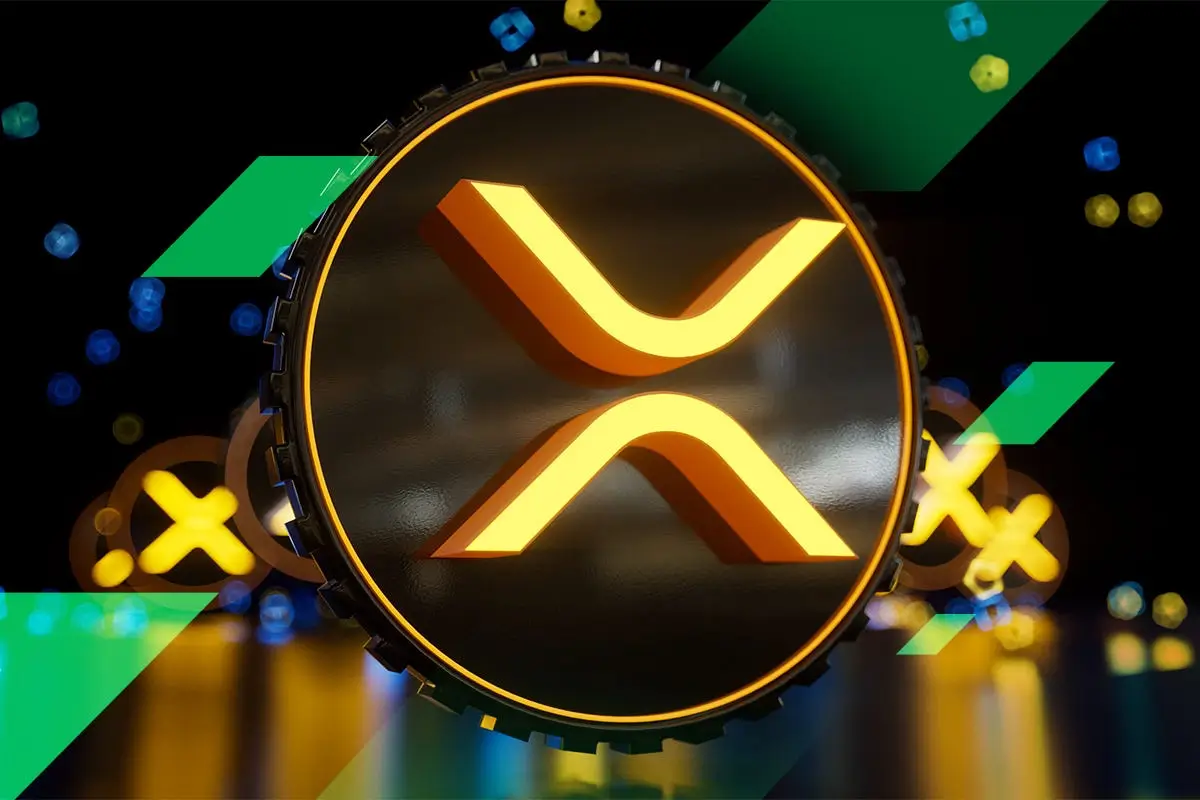Debate Over XRP’s Security Status Continues Amid Ongoing Ripple Lawsuit
20.10.2024 11:00 1 min. read Kosta Gushterov
The classification of XRP as a security continues to stir debate within the crypto community, even after a clear ruling from the court.
In July 2023, Judge Analisa Torres stated that XRP is not a security when traded in secondary markets. Although the U.S. Securities and Exchange Commission (SEC) is appealing some aspects of this ruling, it has not challenged XRP’s classification as an asset.
Recently, the SEC submitted its Form C in the Ripple lawsuit, which has led to some confusion among community members regarding XRP’s status. To clarify, Ripple’s Chief Legal Officer, Stuart Alderoty, shared an analogy to illustrate his point.
He posted two images: one featured a ticket for Taylor Swift’s Eras Tour at Hard Rock Stadium, while the other prominently stated, “XRP IS NOT A SECURITY.” In his comments, Alderoty emphasized that just as the secondary market for the Taylor Swift ticket doesn’t make it a security, the same logic applies to trading cryptocurrencies.
He remarked, “Not every market is a securities market.” This post sparked considerable engagement on X, with notable figures like Coinbase’s CLO Paul Grewal humorously pointing out that Taylor Swift doesn’t endorse her tickets, a nod to regulators’ definitions of securities as assets that yield benefits through the efforts of others.
-
1
Ethereum Loses Retail Momentum as Bitcoin Pulls Ahead
20.06.2025 21:00 1 min. read -
2
Mass Liquidations and Wallet Dumps Sink ZKJ
17.06.2025 15:00 1 min. read -
3
Binance to Delist Three Spot Trading Pairs on June 20
18.06.2025 19:00 1 min. read -
4
USDC Poised for Futures Collateral Role in Coinbase–Nodal Clear Initiative
19.06.2025 16:00 1 min. read -
5
Binance to Debut New Project on Alpha Pool and 50x Futures
22.06.2025 20:00 1 min. read
This Week in Crypto: Whale Accumulation, Ethereum Signals, and a Sentiment Shake-Up
According to the latest Santiment report, the crypto market is entering a critical phase, with a mix of bullish on-chain signals and cautionary sentiment indicators.
Russia’s Rostec to Launch Ruble-Backed Stablecoin on Tron Blockchain
Russian state-owned defense and technology giant Rostec has unveiled plans to launch a ruble-pegged stablecoin and digital payments platform by the end of 2025, marking one of the country’s most significant moves yet toward blockchain-based financial infrastructure.
What’s Ahead for Ethereum, According to Former Core Developer
Former Ethereum core developer Eric Conner has outlined a compelling bullish thesis for Ethereum (ETH), pointing to a convergence of on-chain data and institutional flows that could set the stage for a significant price surge.
Pepe Price Prediction: One-Month Trend Line Resistance Breakout Could Push PEPE to $0.000015
Pepe (PEPE) has been trending lower in the past few days and has underperformed some of its peers as investors seem to have been increasingly drawn to Solana-based tokens. The launch of the first Solana ETF in the United States along with key paperwork submissions for a Pudgy Penguins (PENGU) ETF has pushed PEPE temporarily […]
-
1
Ethereum Loses Retail Momentum as Bitcoin Pulls Ahead
20.06.2025 21:00 1 min. read -
2
Mass Liquidations and Wallet Dumps Sink ZKJ
17.06.2025 15:00 1 min. read -
3
Binance to Delist Three Spot Trading Pairs on June 20
18.06.2025 19:00 1 min. read -
4
USDC Poised for Futures Collateral Role in Coinbase–Nodal Clear Initiative
19.06.2025 16:00 1 min. read -
5
Binance to Debut New Project on Alpha Pool and 50x Futures
22.06.2025 20:00 1 min. read


